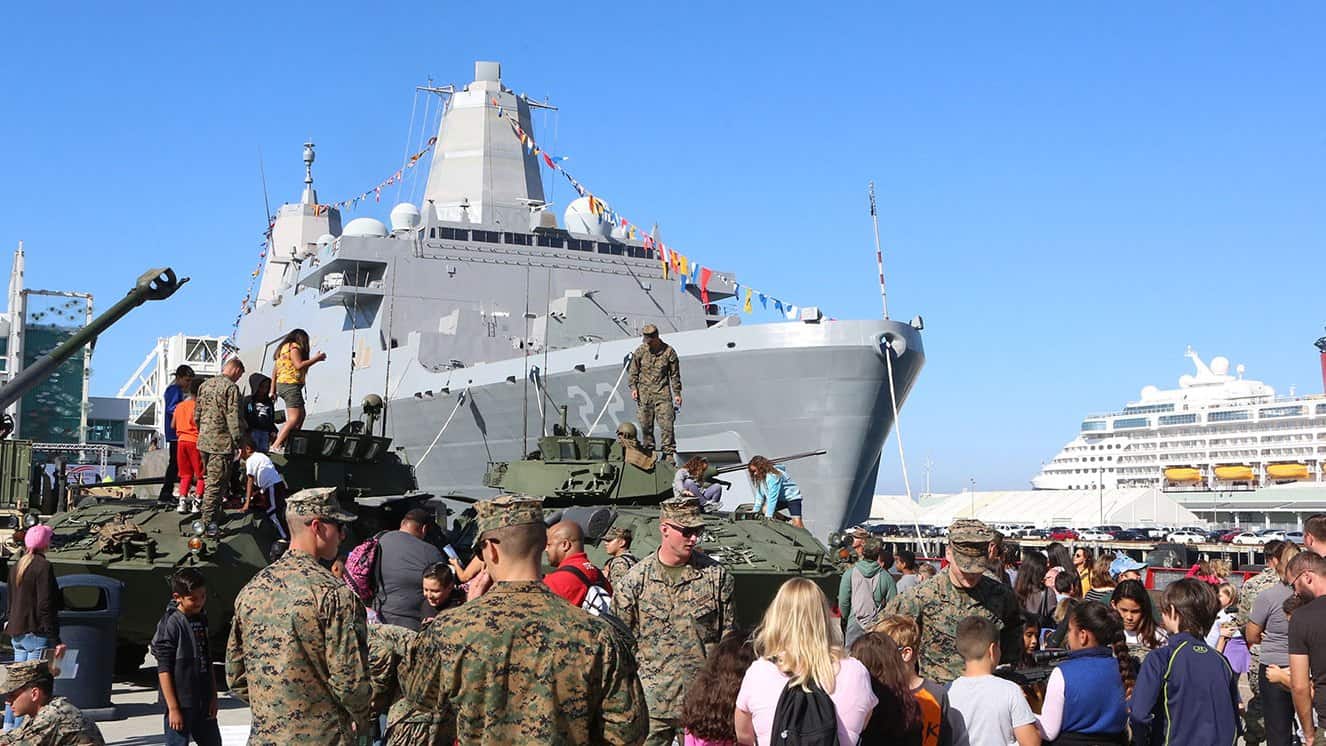OCEANGATE IS CLOSED AS USCG TAKES LEAD ON TITAN INVESTIGATION

Unless you’ve been completely unplugged from the Internet in June 2023, chances are, you’ve heard about the tragic Titan submersible situation involving an expedition to see the wreckage of the RMS Titanic. Facilitated by OceanGate, an American company specializing in providing submersibles for experiences and research, the vessel’s implosion has made international headlines and continues to raise questions about the company, the vessel, and the notion of deep-sea exploration. Now, the U.S. Coast Guard is spearheading the investigation into why the personal submarine imploded, with assistance from Canada, France, and the United Kingdom. Related read: Will the Military Drain the Red Hill Bulk Fuel Storage Facility Successfully?
OceanGate's Titan Submersible Incident Under Investigation by Multiple International Entities
OceanGate has made worldwide headlines for all the wrong reasons after its Titan submersible imploded while carrying the company’s CEO and four other passengers aboard an expedition. But there are several questions surrounding the incident and the USCG's investigation. According to Captain Jason Neubauer, the ongoing investigation has the USCG at the helm and there is no timeline for how long this will take. The Marine Board of Investigation (MBI) would have the highest authority on such investigations involving the Coast Guard. This investigation isn’t just falling on the responsibilities of the U.S., a particularly important detail seeing as the RMS Titanic technically lies off of the coast of Canada. In addition to the USCG, the U.S. National Transportation Safety Board, the Transportation Safety Board of Canada, the French marine casualties investigation board (BEA MER), and the United Kingdom Marine Accident Investigation Branch are all a part of the efforts. Both civil and criminal sanctions are still on the table and the evidence from the wreckage will be sent to a port in St. John's, Newfoundland, with the help of Canada. However, the large salvage equipment that was trying to save the Titan submersible is not being used at this time. Known as the Flyaway Deep Ocean Salvage System, it was deployed to bring back Titan, as it can lift up to 60,000 pounds, but unless larger pieces are still intact and the equipment is needed, the Navy isn’t planning on using it for the investigation. The Transportation Safety Board of Canada has interviewed those aboard the Polar Prince, which was the mother ship for the Titan submersible. Now, the U.S. and Canada are looking into the cause of the implosion and who is responsible for it. A collaborative effort is ongoing but there are certain restraints due to Canadian law. For example, voice recordings and witness statements are protected. However, to avoid duplicate investigations, the nations are working to find answers together rather than apart. In addition to these entities working together, the Royal Canadian Mounted Police are also involved. The group will decide whether or not a full investigation is necessary, which will take place if federal, provincial, or criminal laws have been broken. OceanGate Expeditions has closed since the Titan submersible was found, but beforehand, there were former employees and passengers raising concerns about the safety of the vessel. Meanwhile, OceanGate’s debacle has raised questions and sparked debates about who has the responsibilities surrounding the rescue and investigation itself. Suggested read: When is the Coast Guard Birthday? Coast Guard History & Facts
Tax Dollars, Responsibilities, and Other Impending Complications
Along with the OceanGate story, there continue to be other related issues that will need answers, especially as the USCG leads the investigation into what happened. Specifically, many Americans are questioning the responsibility of taxpayers to foot the bill for such extraordinarily well-off individuals. It’s one thing to consider the fact that the USCG doesn’t charge for search and rescue missions, but this isn’t one. This is a look into what caused things to go wrong and while a recovery may be made, it sadly won’t save those on board. However, it’s also important to take into consideration a fuller scope of the situation and how the U.S. military operates:
- For starters, not only does the U.S. help with rescue missions around the globe, OceanGate and its CEO on board, Stockton Rush are American. Therefore, it would make sense for the U.S. military to be involved.
- Furthermore, because rescue is sadly no longer an option, there are still questions to be asked about why these the submersible malfunctioned. Both negligence and foul play aren’t ruled out as of this writing, which is why there is an ongoing investigation.
- Finally, we as a collective human race need answers. Research and exploration are the very reason we have several of the modern conveniences we enjoy today. Stifling ocean exploration is a step away from progress. Until we have answers, the future remains in limbo.
Many critics have pointed to the Greek migrant boat tragedy which ran somewhat parallel with the Titan submersible incident, and the fact that the migrant boat didn’t receive assistance. However, while the U.S. does assist on such missions, the primary responsibility would fall on authorities in the Mediterranean. Regardless of personal feelings, the U.S. Coast Guard not only has a responsibility to its citizens to ensure that justice is served if necessary but that all avenues are explored. This raises a great point. Rather than going back and forth with our allies, leading the investigation will help prevent a waste of resources, time, and money.
Will OceanGate Survive?
There are a lot of variables still on the table stemming from not only multiple governments but also involving the victims' families. Even with waivers and investigations, when pockets reach the billions, it’s hard to see that lawsuits will be off the table considering the circumstances. Then there is also public perception. While most of us don’t have a $250,000+ budget to dive into the ocean, there are still several who do. But this is much more than a reality check. It’s also a high-profile incident showcasing the worst possible scenario for all to see. Right now, it’s still a bit less important to think about the future of a company rather than the lives lost, but these issues are very real for OceanGate and its workers. Overall, it feels like this is could be much closer to the end for the company. Read next: NASA UFO Panel of Experts Pushes for Better Technology to Help with Investigation



